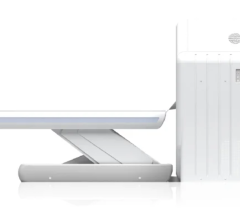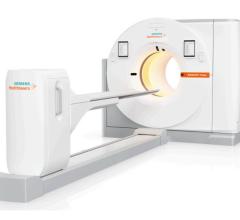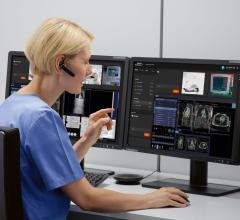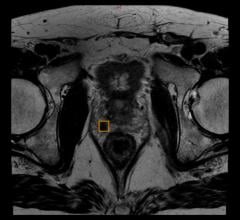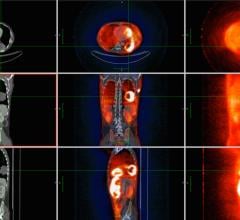May 1, 2008 - The use of PET scans for cancer diagnosis, staging, restaging and recurrence monitoring was associated with a strong reduction in unnecessary additional procedures in a study by Bruce Hillner, M.D., published today in Journal of Clinical Oncology.
In the aggregate of cases with an initial treatment plan, referring physicians reported that PET scanning allowed them to avoid additional tests or procedures 77 percent of the time, the study said. Furthermore, for approximately three quarters of cases in which a biopsy was the initial pre-PET recommendation, the procedure was ultimately avoided as a result of PET scanning.
This landmark coverage with evidence development (CED) study is just the latest research to demonstrate the value of PET scanning in cancer diagnosis and treatment. For example, PET scans have also proven to produce an average savings of 13 percent through avoiding unnecessary surgery, hospital stays and intensive care. [Verboom, P et al. "Cost-Effectiveness of FDG-PET in Staging Non-Small Cell Lung Cancer: The PLUS Study." The European Journal of Nuclear Medicine and Molecular Imaging. 30.11 (2003).]
The Medical Imaging and Technology Alliance (MITA), a division of NEMA, said today that the results of the study is an important reminder of the value of medical imaging technology.
"PET scans are just one of the many medical technologies that have revolutionized the diagnosis and treatment of cancer, and this study should be strongly considered by the Centers for Medicare and Medicaid Services as it makes future National Coverage Decisions,"? said Andrew Whitman, vice president, MITA. "MITA applauds the work of Dr. Bruce Hillner and his team, which we hope will result in improved treatment and health outcomes for cancer patients with tumor types not currently on the 'approved' Medicare list. These research findings remind us that it's critical that patients have access to innovative medical imaging technology to help fight cancer and other serious illnesses."
"Now more than ever it's crucial that patients and policymakers alike look to studies like these as a reminder of why and how medical imaging improves patient health outcomes and reduces overall healthcare costs,"? Whitman said.
For more information: www.medicalimaging.org


 July 02, 2024
July 02, 2024 
